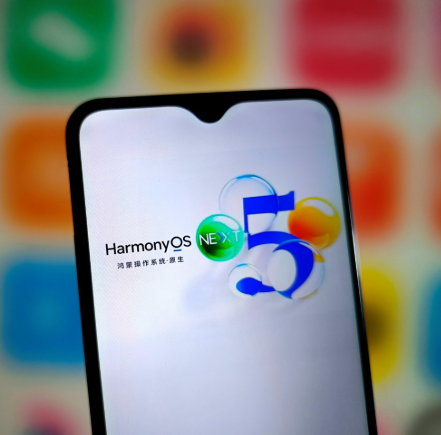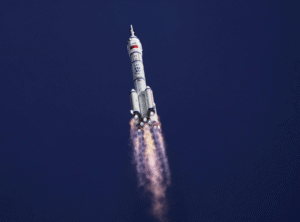Chinese tech company Huawei has introduced a new flagship smartphone, the Mate 70, which uses the HarmonyOS Next operating system, based entirely on indigenous technology. The system marks the company’s attempt to provide an alternative to Google’s Android or Apple’s iOS. Huawei has taken this new step to counter the possibility of further sanctions from the US.
The Mate 70 is priced at 5,499 yuan ($760) and does not offer support for Android-based apps. Richard Yu, head of Huawei’s consumer business, introduced the phone as “the most powerful Mate series phone yet”. He said, “We are always imitated, but we have never been surpassed.” Starting in 2024, all of Huawei’s smartphone and tablet devices will run on its own HarmonyOS, Yu announced.
The Mate 70 is the successor to the Mate 60, which was introduced last year. The phone had puzzled industry experts, as it was unclear how Huawei had acquired the technology to manufacture advanced chips despite US-imposed sanctions depriving China of advanced semiconductor technology.
The decision to move away from the Android system has been crucial for Huawei to survive in the premium smartphone market, gain customer loyalty, and attract new customers.
The Mate 60 Pro, introduced by Huawei in August 2023, became a symbol of the Sino-US technology competition and generated a lot of buzz in the market. According to a Canalys report, Huawei’s share of the $600-plus smartphone market was 11% in the third quarter of 2022, rising to 33% in 2023. At the same time, Apple’s share fell from 72% to 52%.
In 2019, the company was in trouble after the US imposed restrictions on the sale of technology and software to Huawei. Due to this, Huawei sold its budget brand Honor.
The Journey of Harmony OS:
Huawei introduced the first version of HarmonyOS in 2019, which supported Android-based apps. But, the US barred Google from making the Android system available for Huawei’s new devices. Huawei then focused on its own system.
More than 3 million pre-orders have been received for the new Mate 70 so far. Huawei said it plans to expand globally by developing an application ecosystem in the domestic market.
“Once thousands of apps from the Android ecosystem are migrated to HarmonyOS, HarmonyOS will truly become an independent system,” former Huawei president Eric Zhu said in April.
Zhu announced a goal to develop 100,000 apps in the next year. “If no one uses the system, no matter how advanced it is, it will be useless,” he explained.
Counterpoint Research senior analyst Mengmeng Zhang predicted that the Mate 70 series could sell 10 million units over its lifetime. However, it will take time for Huawei to expand its developer community and build a competitive ecosystem.
This step by Huawei has given the company a new opportunity to strengthen its position in the global technology sector.












